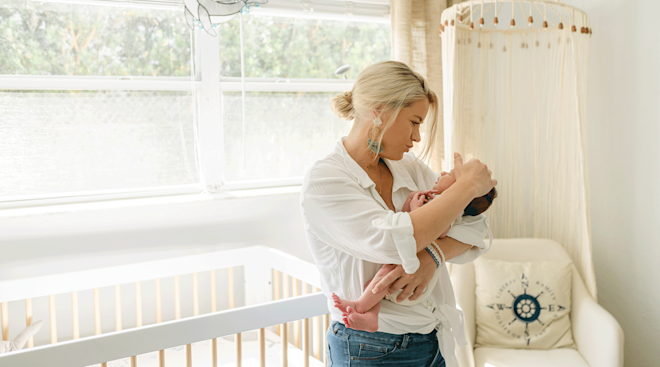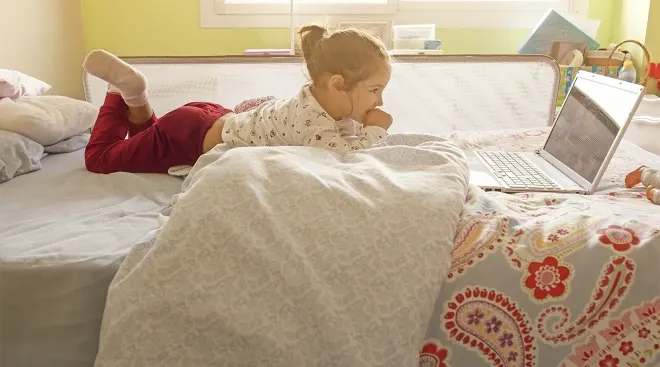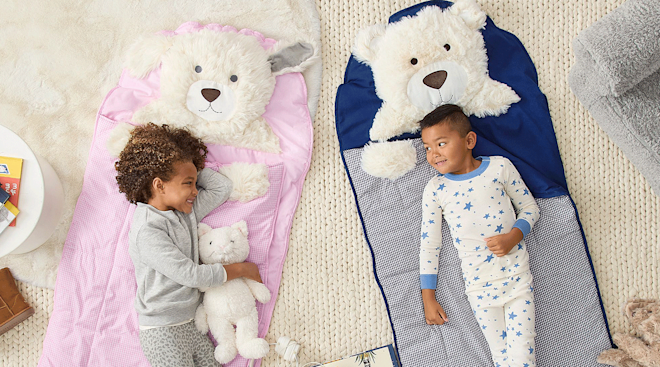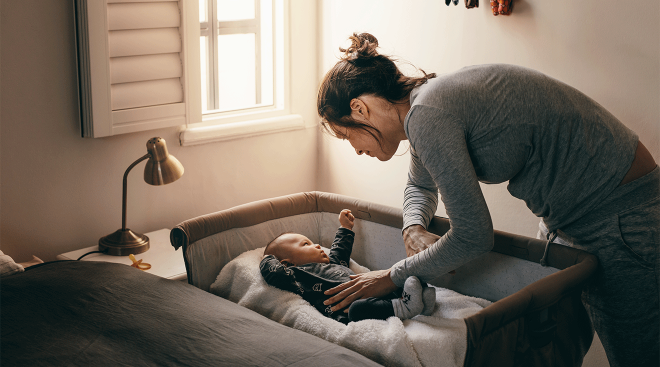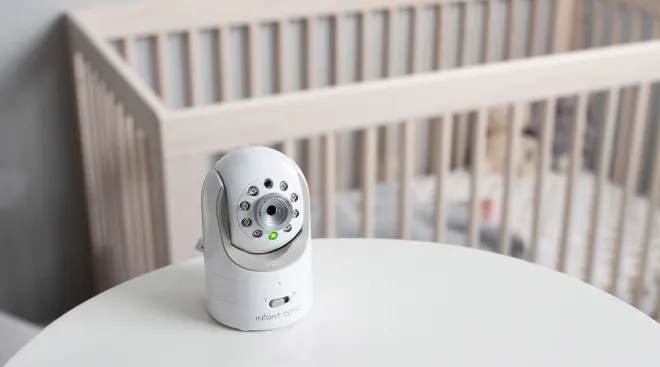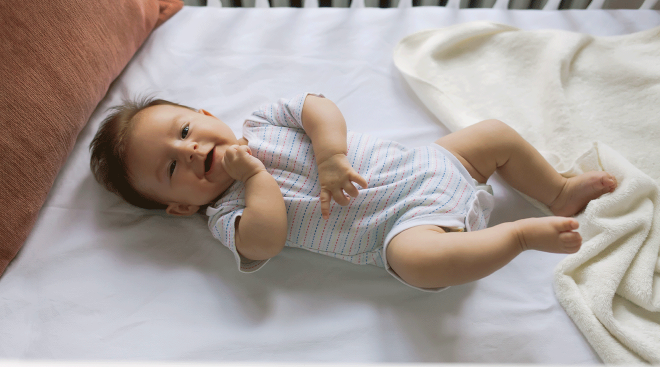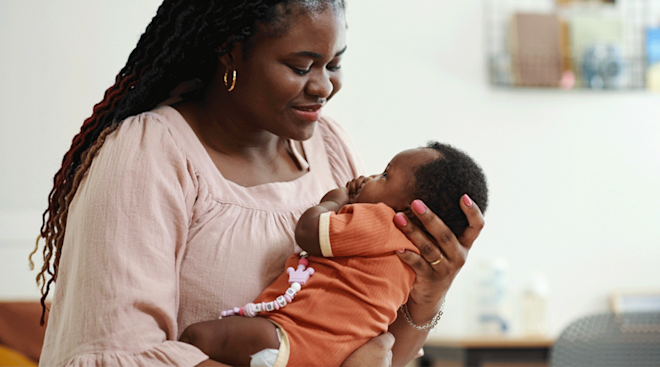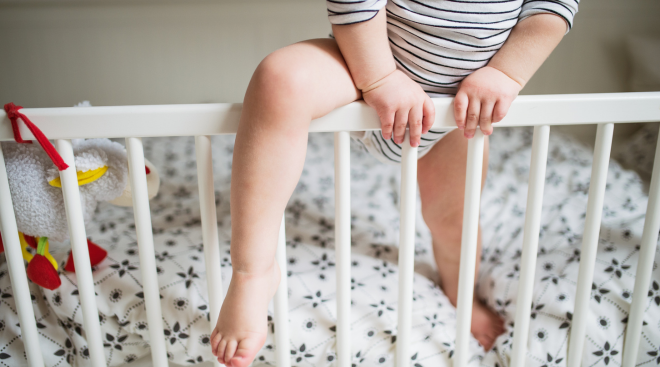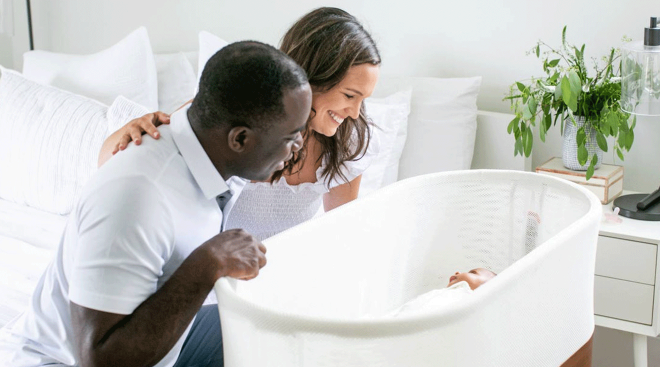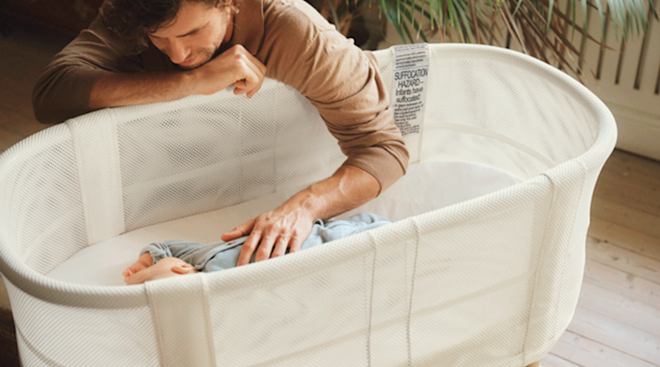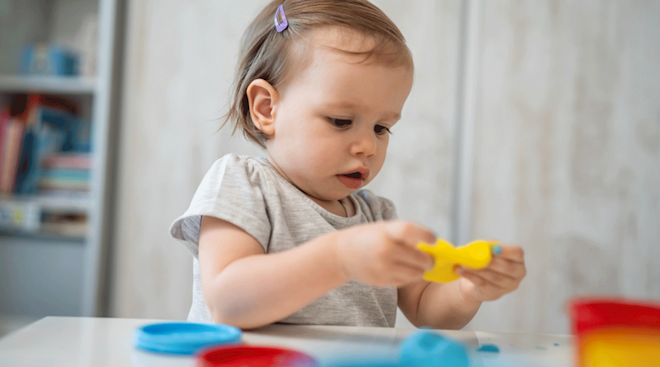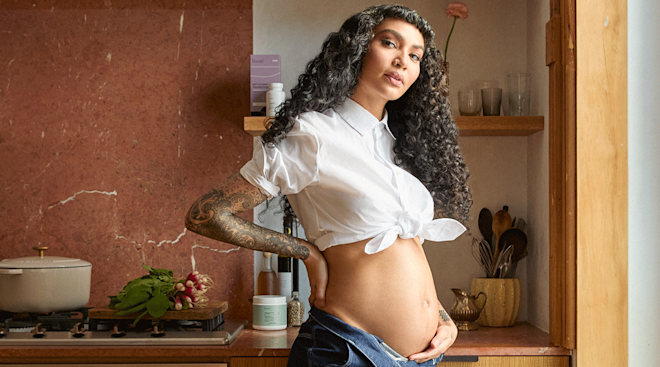The 8 Biggest Baby Sleep Mistakes New Parents Make
There’s a lot about parenting that’s instinctive, but getting baby to form solid sleep habits isn’t something you automatically know how to do. And while you’re probably an expert now in safe sleep habits—like putting baby to sleep on their back and keeping their crib free of blankets, pillows and toys—it’s easy for parents to sometimes err when it comes to setting habits and routines to get baby to sleep. These are some of the biggest baby sleep mistakes many new parents make, according to sleep experts, and how to fix them.
Rocking or nursing baby to sleep can be a quick and effective way to put your little one to bed (and get in those sweet snuggles), and for some families, it works. But it can negatively affect baby’s sleep hygiene if it leaves them dependent on you to sleep. It’s important that babies learn how to soothe themselves, says Gina Song, MD, a pediatrician at Northwestern Medicine Delnor Hospital in Geneva, Illinois. “If Mom always rocks baby to sleep in her arms, baby will always rely on Mom,” Song says. Then, when your little one wakes up in the night, they’ll cry until you or your partner holds them again. That’s why the American Academy of Pediatrics (AAP) recommends putting baby in the crib when they’re drowsy but not completely asleep.
While this is sound advice, keep in mind that every parent and every baby is different. If rocking or nursing baby to sleep works for both of you, then keep at it! Ultimately, the goal is just to make sure both you and baby consistently get a good night’s sleep—and that may look different for each family.
It’s important to respond to baby’s cries, but Song says it’s “not necessary” to go to your little one the moment they begin whimpering at night. “If baby is making noises and fussing, it’s okay to wait and see what happens,” she says. “Sometimes baby will learn to comfort themselves and fall back asleep.” Rather than going to baby immediately, Schneeberg recommends giving your child “a few minutes” to try to settle back down to sleep after waking up. “They may do just fine without your help,” she says.
Using a nightlight isn’t bad per se, and it can help guide you through the dark nursery in the middle of the night, Song points out. But switching it on and off in the night to help you see is a problem, says Lynelle Schneeberg, PsyD, director of the behavioral sleep program at Connecticut Children’s Medical Center in Hartford, Connecticut, and the author of Become Your Child’s Sleep Coach. “Baby’s nursery should look and sound the same at bedtime as it does at 2 a.m., should they wake,” she says.
“I see so many parents who say, ‘Something’s wrong with my baby, they’re not sleeping through the night at 12 weeks old,’” says Gina Posner, MD, a pediatrician at MemorialCare Orange Coast Medical Center in Fountain Valley, California. While some parents “completely luck out” and have good sleepers, Posner says, she also notes that it’s “not a reasonable expectation” that your child will be sleeping through the night at 12 weeks. “By 6 months, you can reasonably expect that the majority of babies will be sleeping a good, long chunk at night,” Posner says. “But other kids will not be great sleepers.” Posner encourages parents to be realistic about their expectations and to talk to your child’s pediatrician or a pediatric sleep expert if you have questions.
The “right” bedtime for baby largely depends on your schedule and your child’s sleep needs, but if you wait too long to put your little one to bed, it can backfire, actually making it harder for them to fall asleep. “Baby will be too exhausted and tired to soothe themselves to sleep,” Song says. Posner recommends looking out for sleep cues, like baby rubbing their eyes and yawning. “That’s when we need to put them down,” she says. According to the National Sleep Foundation, babies aged newborn to three months need 14 to 17 hours of sleep each day, while babies between the ages of 4 and 11 months need 12 to 15 hours of sleep a day. It’s important to figure out baby’s sleep needs and try to set their bedtime around that and your family’s schedule, Posner says.
Doing something different at bedtime each night “can really throw babies off,” Posner says. But a consistent bedtime routine sends cues that it’s time to get ready for bed. “When you do the same thing in the same order over and over again, baby will begin to get sleepy in a very reliable way,” Schneeberg says. “This is known as a ‘conditioned response.’” It’s similar to how you might feel a craving for popcorn when you go to the movie theater. “Remember that a baby who self-soothes at bedtime will self-soothe during the night too,” she says. The bedtime routine can vary, but Schneeberg recommends doing a bath, putting baby into pajamas, feeding them and then doing a story or song before putting them into the crib at the same time every night.
This one can be tricky, especially if you’re on the go a lot, but it’s important. “Baby will sleep best if they fall asleep in their crib at bedtime or naptime,” Schneeberg says. “If your child will only fall asleep in the car or stroller, you may find yourself doing a lot of driving or strolling at bedtime or naptime.” Being consistent with a naptime routine is important too, Song says. “Keeping the place and time of the naps the same is strongly encouraged,” she says. “If naps are not consistent, it’s hard to develop a good night time sleep schedule.”
A baby’s sleep needs vary by age, but babies only need so much sleep in a 24-hour period, Posner points out. “If they sleep all day, they won’t sleep as much at night,” she says. If a nap goes on for too long, you may need to wake baby up, so the rest of their sleep schedule isn’t thrown off. When they’re awake, talk and play with them to fill their wake times and ensure they’re actually tired when the next sleep period rolls around, which will help baby get more solid sleep. And what parent doesn’t want that?
About the experts:
Gina Song, MD, is a pediatrician at Northwestern Medicine Delnor Hospital in Geneva, Illinois. She earned her medical degree from University of Chicago Pritzker School of Medicine in 1998.
Lynelle Schneeberg, PsyD, is the director of the behavioral sleep program at Connecticut Children’s Medical Center in Hartford, Connecticut, and a licensed clinical psychologist board certified in sleep medicine. She received her doctorate from the University of Denver in 1993. Schneeberg is also the author of *Become Your Child’s Sleep Coach.
Gina Posner, MD, is a pediatrician at MemorialCare Orange Coast Medical Center in Fountain Valley, California. She earned her medical degree from New York Medical College and for over 10 years has volunteered with various organizations in the US and Dominican Republic mentoring and educating children and parents on different health topics.
Please note: The Bump and the materials and information it contains are not intended to, and do not constitute, medical or other health advice or diagnosis and should not be used as such. You should always consult with a qualified physician or health professional about your specific circumstances.
Plus, more from The Bump:
Navigate forward to interact with the calendar and select a date. Press the question mark key to get the keyboard shortcuts for changing dates.
































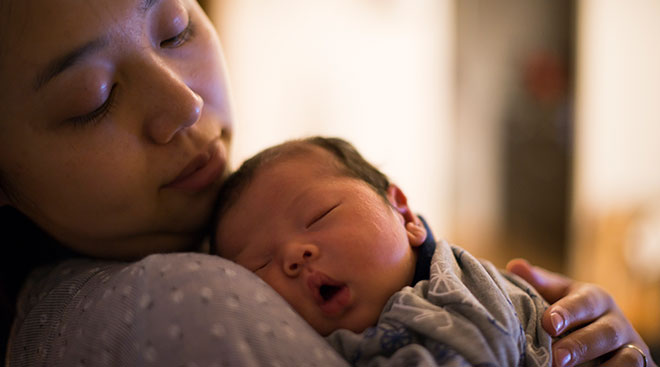
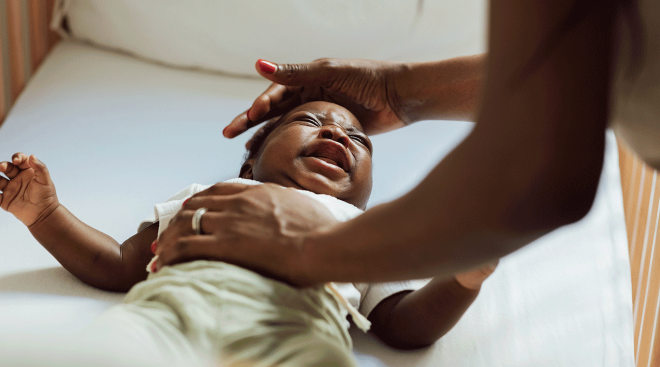
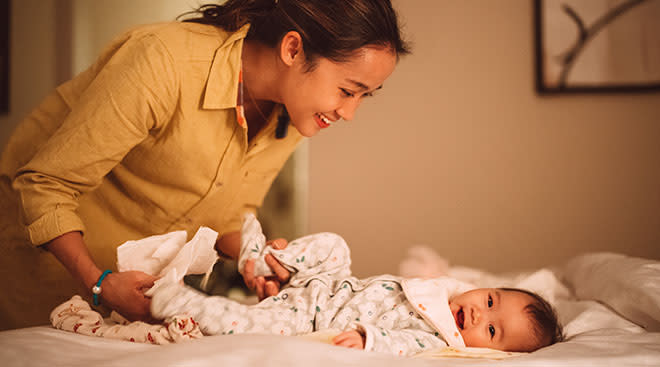

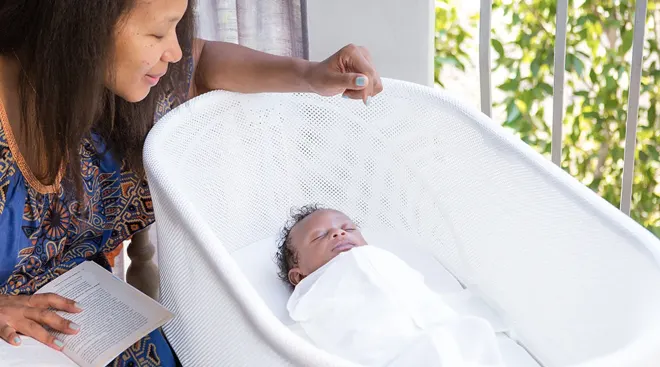
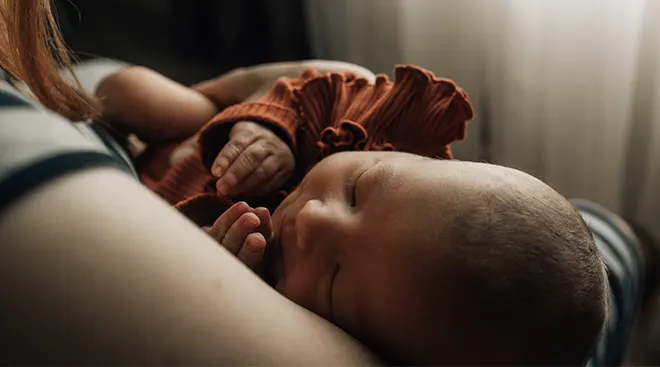

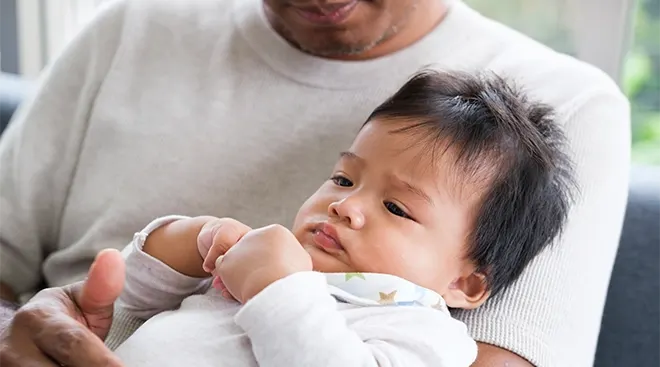
![Tan France, celebrity personality from the popular TV shoe]w Queer Eye.](https://images.ctfassets.net/6m9bd13t776q/2uqRZn7bkb4nWv28drOW16/98b7493289f8f84d699ffa7516be8f90/tan-france-baby-sleep-products-660x367.jpg?q=75&w=660)
